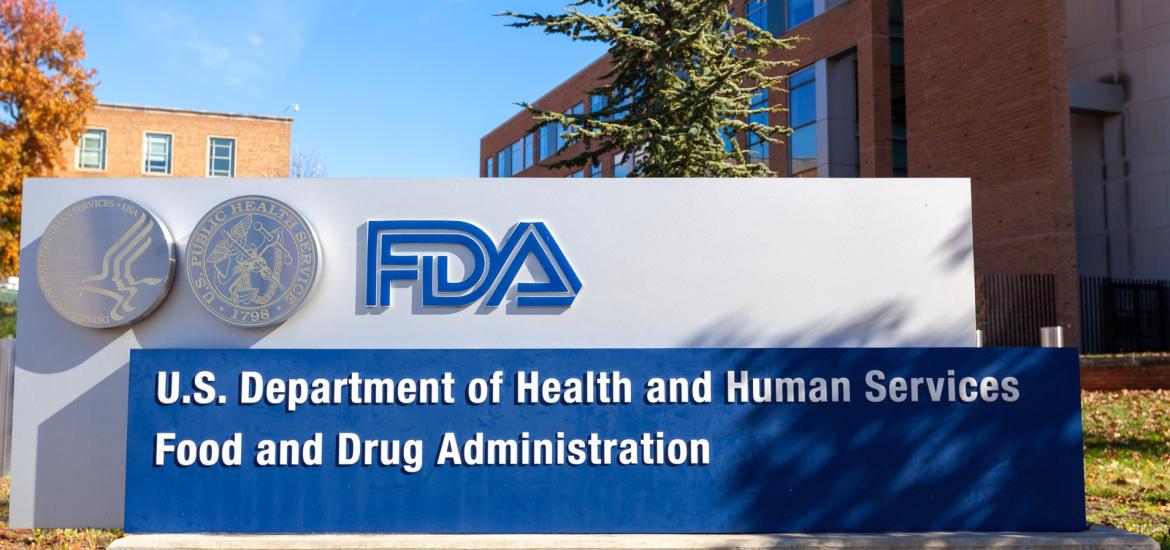
Incyte hopes to sneak Zynyz through the back door
In first-line NSCLC the drug beats chemo, and not Keytruda.
In first-line NSCLC the drug beats chemo, and not Keytruda.

A quirk of timing apparently allowed Incyte's anti-PD-1 MAb Zynyz to be tested in a first-line lung cancer trial with a chemo comparator, and Incyte now wants its results to back US approval in this setting.
This has emerged after Incyte reported the phase 3 study in question, Pod1um-304, as positive for overall survival, and promised to file it with the FDA next year. A US approval on this basis would be remarkable after Innovent and EQRX had to abandon similar filings – with the latter company closing shop – given the impossibility of running a US trial with a similar design.
It's not immediately clear why ethics committees signed off on the design of Incyte's Pod1um-304, a trial comparing Zynyz plus chemo versus chemo alone in first-line NSCLC patients. Pod1um-304 started in September 2020, at a time when Keytruda was well on its way to superseding chemo as a standard of care.
In first-line NSCLC the Merck & Co drug was first approved as monotherapy for ≥50% PD-L1 expressers in 2016, with chemo combo approvals irrespective of PD-L1 expression coming in 2017 for non-squamous, and in 2018 for squamous histologies. Pod1um-304 enrolled squamous and non-squamous NSCLC patients without any PD-L1 expression requirement.
Libtayo too
A possibly similar scenario has already allowed Regeneron's Libtayo to be approved as part of a chemo combo in first-line NSCLC on the back of Empower-Lung-3, a global trial that also had a chemo control. However, that study began in March 2018, and Libtayo's US approval in this setting was granted in November 2022.
One year earlier Libtayo was approved as monotherapy in first-line PD-L1 ≥50% expressers on the back of Empower-Lung-1; not only was this trial chemo-controlled, it was run entirely outside the US.
An approval on such a basis would now be impossible, after a scathing February 2022 adcom led to Innovent/Lilly's sintilimab being hit with a complete response letter. That was because its first-line NSCLC chemo combo trial, Orient-11, was in a Chinese population, resulting in data that were deemed to be not generalisable to the US.
The sintilimab filing was abandoned, as was a similar plan by EQRX to get the CStone-originated sugemalimab plus chemo approved on the basis of the Chinese Gemstone-301 and 302 trials. EQRX scrapped its mission to develop low-cost drugs for US patients, and ended up being sold to Revolution for its cash balance.
Over to the FDA
The ethics of Pod1um-304 are now set to come before the FDA. Not only that, but the trial's generalisability to a US population could become an issue too: Pod1um-304 involved 141 hospitals, but only three were in the US, with the remainder in countries like Brazil, Turkey, the far East and former Communist block, where access to Keytruda might be patchy.
In terms purely of results, Zynyz plus chemo in Pod1um-304 yielded median OS of 18.1 months, and cut risk of death at any point by 25% versus chemo alone (p=0.0042), Incyte said. A cross-trial comparison with Keytruda's Keynote-407 and 189 studies shows at best equivalence to the Merck drug, with possible underperformance in non-squamous patients.
At the time of publishing Incyte had not returned a request from ApexOnco to comment on the issues surrounding Pod1um-304.
Median OS comparisons in 1st-line NSCLC
| PD-1 + chemo | Chemo control | |
|---|---|---|
| Zynyz + chemo in Pod1um-304 (squamous & non-squamous) | 18.1mth | 13.4mth |
| Keytruda + chemo in Keynote-406 (squamous) | 18.4mth | 9.7mth |
| Keytruda + chemo in Keynote-189 (non-squamous) | 22.0mth | 10.6mth |
Source: OncologyPipeline.
1050













